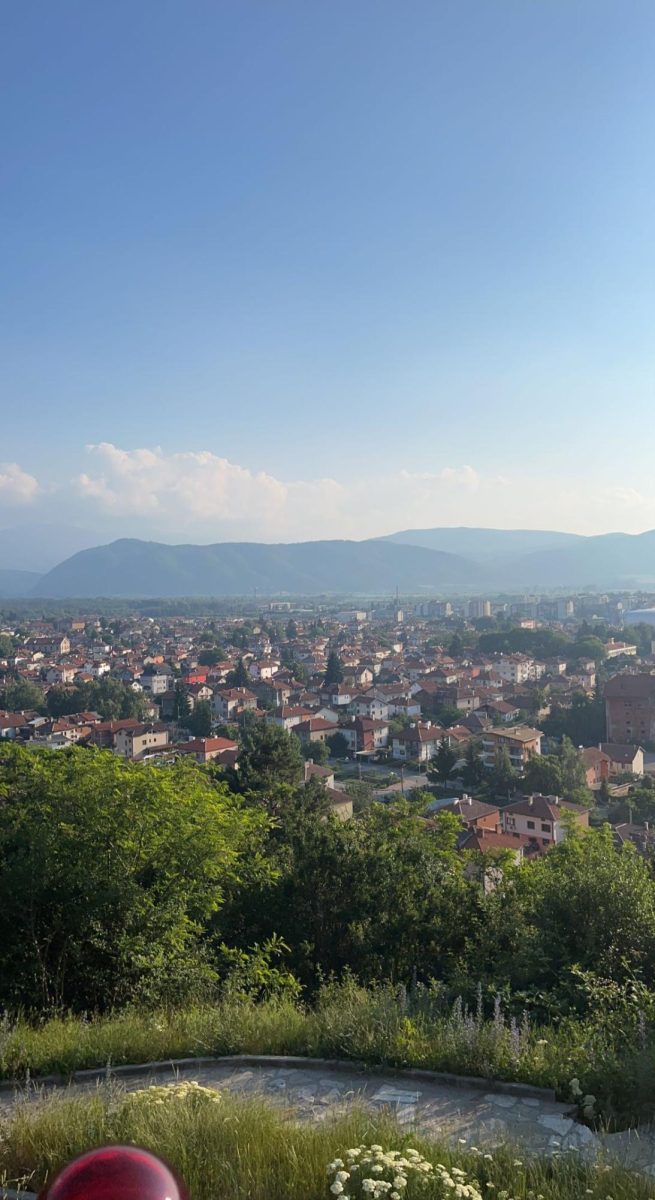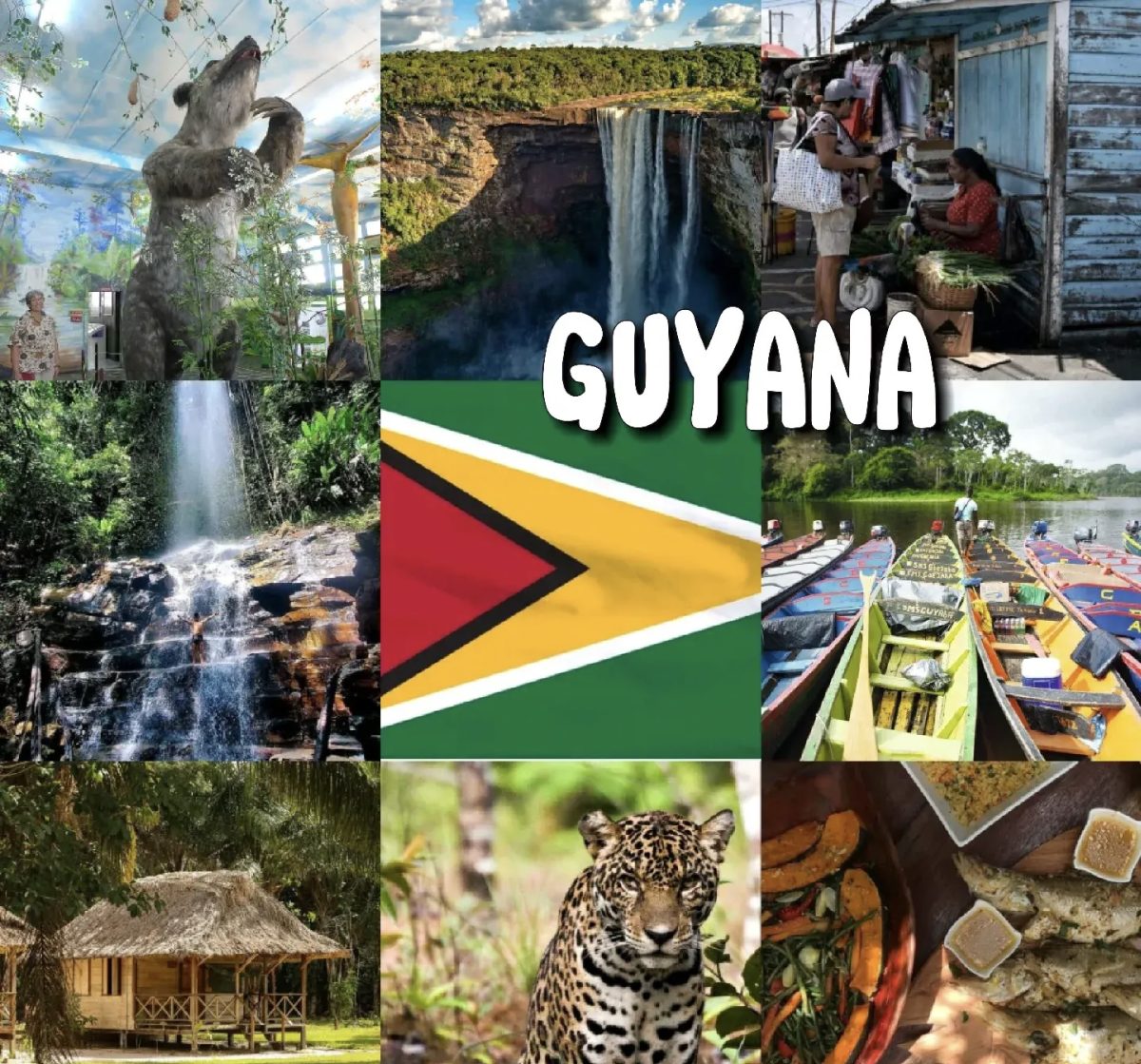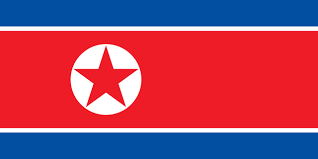Bulgaria is an eastern European balkan nation, bordered by Greece, Turkey, Romania, North Macedonia, and Serbia, as well as the Black Sea. Bulgaria was relatively a quiet country, until the beginning of World War I in 1941. Bulgaria joined the axis powers and followed Germany in declaring war on the U.S and Great Britain. From this point on, Bulgaria was a communist state until 1990 when the country became a free, democratic nation. In the years following, Bulgaria developed as a country and created a new, stronger foundation for the country.
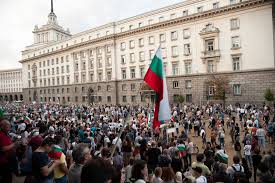
As Bulgarian grew as a new, democratic nation, the country developed several distinctive cultural, social, and political traits. Bulgaria has held it’s cultural values to a great extent and it has further held the society together, centered around common beliefs and practices. A well-known cultural aspect of Bulgarian culture is the traditional folk music. Several traditional folk music & food festivals are held during the year, such as the International Folklore Festival, where people gather together, dress in traditional clothing, and enjoy a variety of folk music and Bulgarian cuisine.
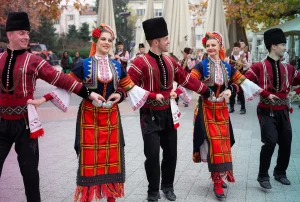
Another important aspect of Bulgaria’s national identity & background is the societal values and practices. Bulgarians place a strong emphasis on the quality of food and family/household roles. Almost all Bulgarian households tend to a personal garden in the backyard, where fruits and vegetables such as potatoes, tomatoes, raspberries, and cherries are grown. In addition to a garden, Bulgarian houses typically have cellars where things such as Kompot are stored in the cool dark area for future use. Regarding family roles, the women are typically the household tenders, though the men do help manage the garden and other aspects of the house. Men are usually the members who work a job to provide for the family, though it is not uncommon for women to also work. All family members play a role in balancing the household tasks and it is seen as relatively equal.
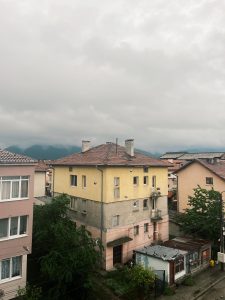
Lastly, politics have been becoming a larger role in transforming the nation to a stronger and more stable state. The Bulgarian political system is run by a representative democracy, under the Bulgarian Constitution. The government, alike the United State’s, is structured under legislative, executive, and judicial branches. Bulgaria shares both a president and prime minister. Recently in 2024, Bulgaria’s foreign minister had attempted to form a new government under a power-sharing deal, which would ultimately support economic stability and development in the country. These major policies or breaking news are shared through the most popular news sources for the nation itself, such as bTV and 24 Chasa. When events are involved with other countries or are significant to the country, it will usually be broadcasted through channels such as CNN or Fox News.
Bulgaria, although facing a rough period in history, has greatly grown and improved as a country. The cultural, societal, and political values continue to bind the country together as one, and shows how advancement is possible in a country that initially struggled in the beginning.
SOURCES:
https://www.britannica.com/topic/history-of-Bulgaria/World-War-II
https://www.britannica.com/place/Bulgaria/History
https://www.encyclopedia.com/history/encyclopedias-almanacs-transcripts-and-maps/republic-bulgaria
